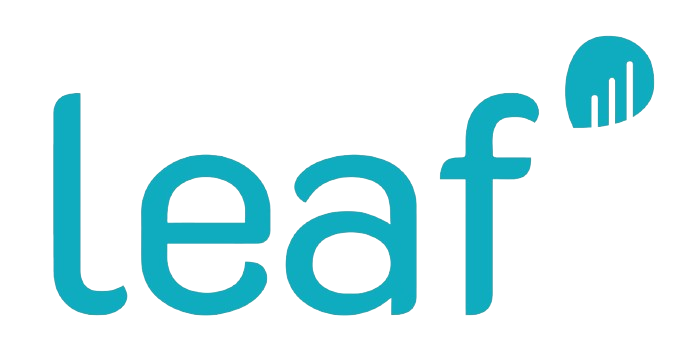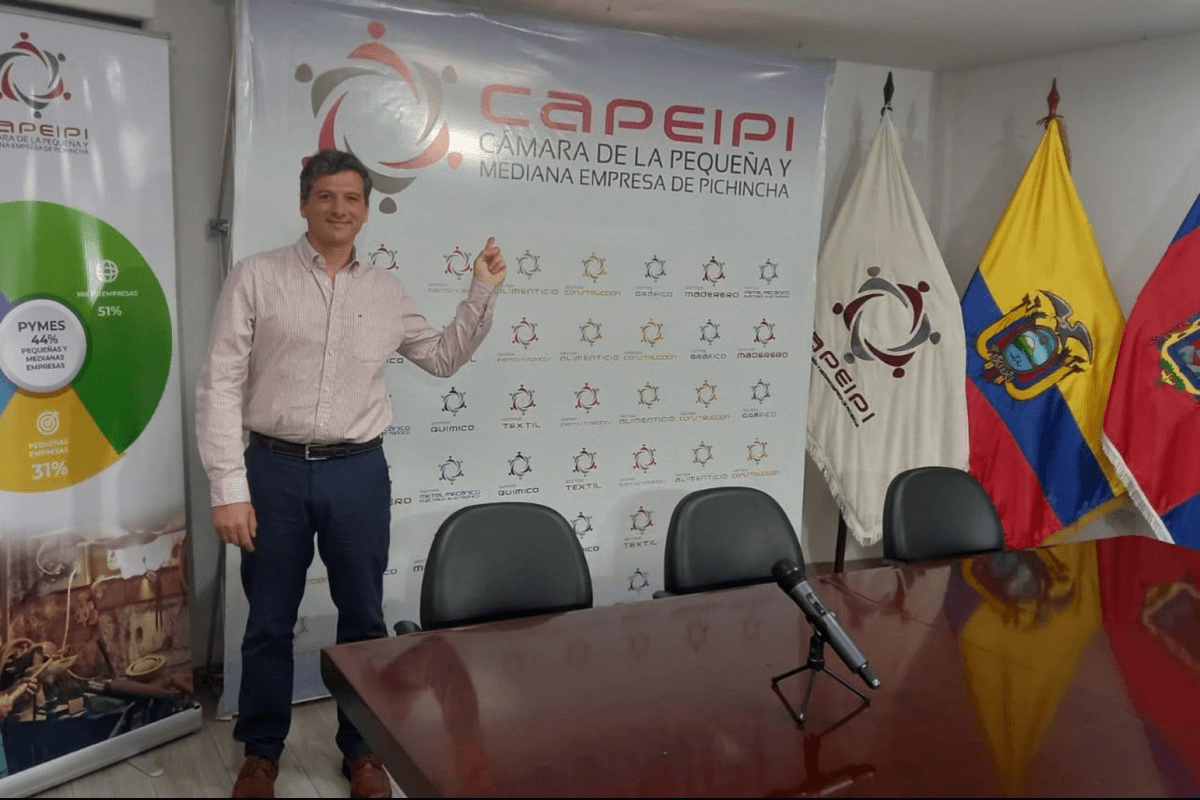Natalia Drault: Her Professional Evolution
Introduction
Natalia Drault’s career is a clear example of how adaptability and continuous learning are essential in the modern working world. From her beginnings in a tannery to her current position as founder and COO of Leaf, Natalia has navigated a series of challenges and opportunities that have shaped her professional and pedagogical approach.
In the following video, Natalia shares her first work experience…
Transcripción de la entreviInterview transcriptsta
Corporate and entrepreneurial experience
– Where did you work when you were employed and for how long?
– I started in a tannery, just graduated, I remember. I was sent to work in the tannery’s effluent treatment plant. I said, “What am I doing here, am I just going to work in a treatment plant?
– A few months later, the professor with whom I was teaching at the UCA called me and told me, I am in need of a person to start working in the area of technical standards development, at the IRAMIRAM. And well, I went and talked to my boss at that time in the tannery and I told her what was happening to me, that I did not want to limit myself to an industrial sector, to a treatment plant. I saw it as very limited to learn new things.
Natalia began her career in an environment that initially seemed limiting: a tannery, specifically in the effluent treatment plant. Obviously, it was not the workplace that was the problem, but the industry, perhaps too specific for a first work experience. This first challenge put her at a crossroads, feeling confined to a specialization that she did not see as her future;
IRAM, his second work experience
The call from her colleague presented Natalia with an opportunity at IRAM, the Argentine Institute for Standardization and Certification, which represented much more than a simple job change. This change not only broadened her professional spectrum but also reaffirmed her innate desire to grow and learn, demonstrating her commitment not only to her personal development but also to the positive impact her work could have on the community and the industry sector at large.
Constant changes and updates
– I spent 12 years working on consensus building for the development of technical standards, both nationally and internationally. Within those technical standards, we developed the climate change standards that started at that time. These are the tools that today provide the guidelines to be able to make the carbon footprint in organizations, the carbon footprint in products, among other environmental issues. I spent many years growing within the organization until at one point I said, I have all that knowledge of how to do things.
The Role of Technical Standards in Sustainability
Sustainability and climate change management have become central to the global agenda, affecting all industries from agriculture to technology. Natalia Drault, through her work at IRAM and later as founder of Leaf, has been at the forefront of this movement, working to develop standards and practices that not only address these global challenges but also promote a more sustainable future.
Technical standards are essential tools to ensure the quality, safety and efficiency of products and services, but their importance goes beyond that. In the context of climate change, they establish guidelines for sustainable practices, such as measuring the carbon footprint of organizations and products. Natalia’s work in generating these standards has been fundamental in establishing a framework that allows companies not only to comply with regulations but also to lead the way towards sustainable innovation.
The knowledge and experience accumulated during this time prepared her to take the next big step in her career: founding Leaf. This decision was not just a job change, but a manifestation of her commitment to leveraging her experience to positively impact the world, marking the beginning of a new chapter.
Challenges and Lessons Learned on the Road to Entrepreneurship
Natalia Drault’s transition from corporate roles to founding Leaf was not just a career change, but a personal and professional evolution that involved facing new challenges and learning valuable lessons. Natalia teaches us that, although the road may be full of uncertainties, a passion for change and a desire to positively impact the world can be powerful drivers of transformation.
Conclusion
Natalia Drault’s professional story is an inspiring testament to adaptability, growth and commitment to continuous improvement, both personally and globally. From her beginnings in a tannery to becoming a key figure in the development of technical standards for climate change, Natalia shows us that the path to fulfillment and meaningful impact can be as varied as it is rewarding. She reminds us of the importance of being open to new opportunities, constantly learning and, above all, looking for ways to contribute positively to our world.
Natalia’s dedication to building consensus and her focus on sustainable solutions to climate change reflect a vision that goes beyond individual achievement to the greater good. Her story encourages us all to pursue our passion, pursue positive change and not be afraid to take roads less traveled in pursuit of our professional and personal goals.
The Carbon Footprint as a management and communication tool Climate
Ecuador Carbon Forum: Moving Towards a Low Carbon Economy At
Mar del Plata Undertakes: Sustainable and Triple Impact Entrepreneurship Yesterday



